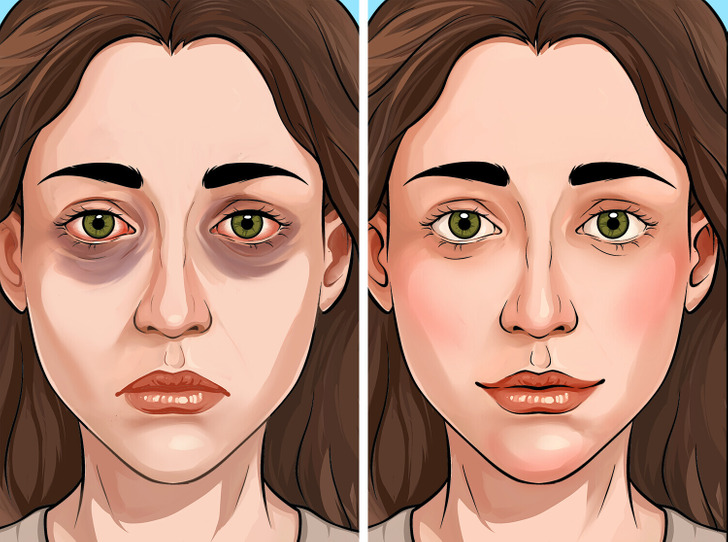
6 Dementia Symptoms You Might Overlook at First
6 Dementia Symptoms You Might Overlook at First
Spotting the early signs of dementia isn’t always straightforward—they often masquerade as everyday forgetfulness, mood shifts, or fatigue. But these subtle changes can be the brain’s quiet way of signaling that something is wrong.
Recognizing these early warning signs allows for earlier support, compassion, and timely medical care—making a significant difference in the lives of those affected.
This content is intended for informational purposes only and should not be considered medical advice. Always consult a healthcare professional regarding your health and medical conditions.
1. Urinary Issues
Urinary incontinence is a common physical symptom of dementia, particularly in its later stages. A person may forget they need to use the bathroom, struggle to locate it—especially in unfamiliar environments—or be unable to get there in time. This can lead to embarrassment, emotional distress, and a growing need for caregiving support.

2. Difficulty with Everyday Tasks
Simple, familiar tasks such as getting dressed, cooking a meal, or bathing may become confusing or overwhelming. The brain's ability to process sequences and remember steps begins to break down, which may result in skipping important actions or performing them in the wrong order.
As these difficulties increase, so does the person's reliance on caregivers—marking the progressive nature of the condition.

3. Alzheimer’s-Specific Symptoms and Oral Health
Alzheimer’s disease—the most common cause of dementia—impairs memory, planning, and organizational skills.
Interestingly, maintaining oral health may play a role in brain health. Studies have found that bacteria linked to gum disease have also been discovered in the brains of Alzheimer’s patients. These bacteria produce harmful substances that may damage brain cells and contribute to the buildup of proteins responsible for memory loss and cognitive decline.
Poor oral hygiene may allow these bacteria to enter the bloodstream and reach the brain, underlining the importance of dental care in reducing the risk of neurodegeneration.
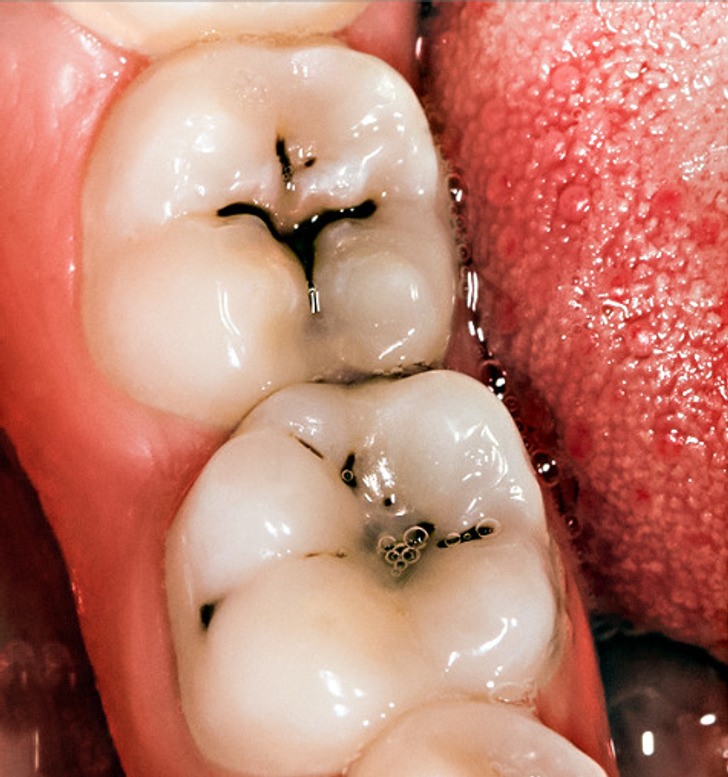
4. Inappropriate or Uncharacteristic Behavior
A person with dementia may begin acting in ways that seem socially inappropriate or out of character. This symptom, known as disinhibition, occurs when changes in the brain affect impulse control.
They may make rude comments, act impulsively, or behave inappropriately in social situations. While unsettling, these actions are not intentional—they’re the result of neurological decline.

5. Problems with Visual-Spatial Skills
Dementia can also affect the brain’s ability to process space and visual information. Individuals may misjudge distances, struggle with depth perception, or have trouble recognizing familiar faces and objects.
This decline increases the risk of getting lost, makes driving dangerous, and can even interfere with reading or everyday mobility. As the condition worsens, confusion about surroundings can lead to anxiety and disorientation.
6. Sleep Disturbances
Sleep problems are common among people with dementia. These may include difficulty falling asleep, frequent waking during the night, or confusion after dark. Some people may become especially restless or agitated in the evening—a pattern known as sundowning.
Even with a full night’s sleep, they may feel tired or drowsy during the day. These disruptions can worsen irritability and confusion, creating further challenges for both patients and caregivers.
Be Aware of the Subtle Signs
These symptoms may seem minor at first, but together, they can signal the early stages of a serious condition. Being alert to changes in behavior, abilities, or health can help ensure that loved ones receive the care and medical attention they need—sooner rather than later.
News in the same category


Leg Pain, Rheumatism, Varicose Veins, Arthritis – Natural Remedy with Cloves & Garlic! 🧄🌿

10 Snoring Solutions Your Partner Will Be Thankful For

6 Subtle Facial Clues That Can Reveal Serious Health Conditions
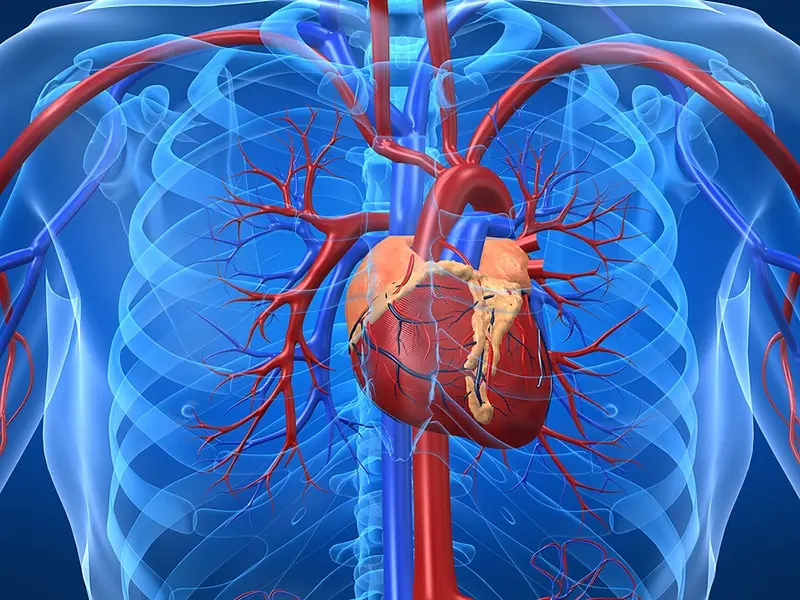
Preventing Stroke and Cerebral Infarction: Remember These 3 Health Indicators, 1 Critical Condition, and 6 Things You Should Never Ignore

4 Changes in Your Fingers That Could Be Signs of Lung Can.cer – See a Doctor Immediately!

Cancer Doesn’t Hurt at First, But If You Notice These 8 Signs During Bathroom Visits, See a Doctor Immediately: Don’t Ignore Them

The world’s oldest woman, who lived to 117, ate the same meal every day throughout her life

Gynecologist Refuses to Treat Trans Woman, Sparking Backlash Over Refused Care

A 4-Year-Old Girl Nearly Lost Her Life to Diabetes — Parents in Tears: “I Spoiled Her Too Much!”
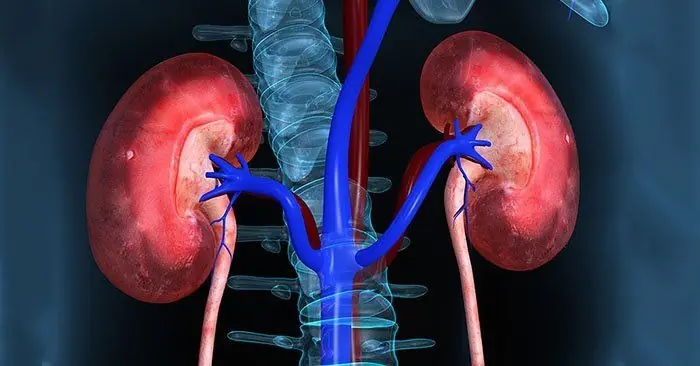
8 Signs of Kidney Failure That, If Ignored, Could Lead to a Lifetime of Dialysis

A 52-Year-Old Man Died from Diabetes: Doctor Warns – Remove These 4 Breakfast Foods from Your Table

Celebrities Reveal Ozempic Side Effects as Simulations Show Its Impact on the Body
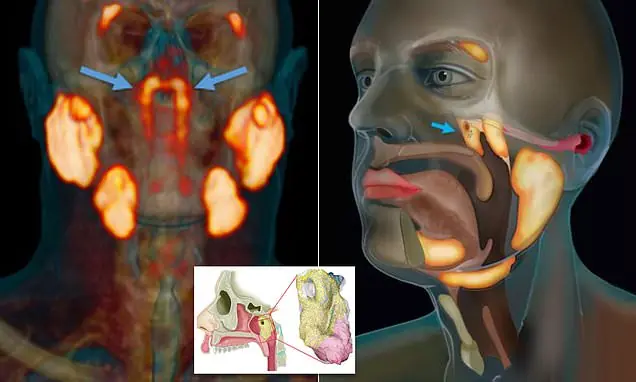
Scientists Accidentally Discover New Human Organ Hidden in the Head

Unlock the Secret Power of Guava Leaves: Transform Your Hair, Skin, and Health Naturally
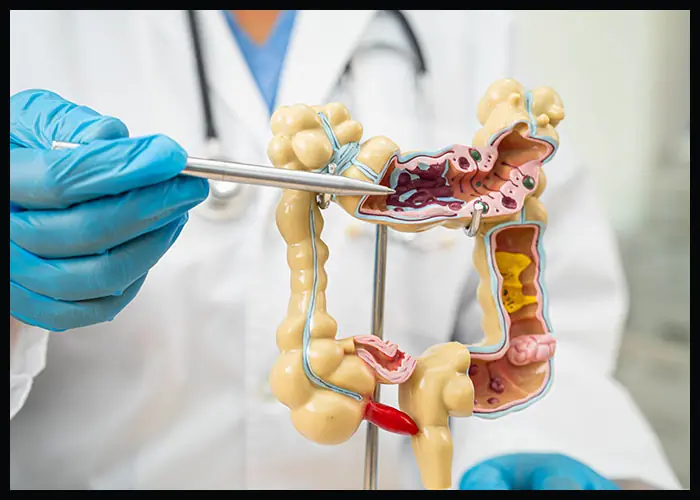
New Study Finds Anal Cancer Rates Rising, Especially Among Older Women

The Strongest Teeth Whitening Recipe at Home in 2 Minutes: Whitening Yellow Teeth from Tartar Naturally with Tomatoes and… 🍅✨

Alarming Rise In Colon Cancer Among Young People May Be Linked To Contaminated Salad, Study Finds

Alarming Health Alert: Experts Say New Virus Is Nationwide — America Must Prepare Immediately
News Post

Ginger Lemon Juice: A Potent Elixir for Health and Wellness

Leg Pain, Rheumatism, Varicose Veins, Arthritis – Natural Remedy with Cloves & Garlic! 🧄🌿

Papal Conclave First Result Is In, Sparking Public Reactions — Details

Administrator of Liam Payne's $32.2 Million Estate Revealed, Causing a Public Stir

Toddler Claims to Remember Being Murdered in a Past Life and Identifies Where He Was Buried

10 Snoring Solutions Your Partner Will Be Thankful For

6 Subtle Facial Clues That Can Reveal Serious Health Conditions

Preventing Stroke and Cerebral Infarction: Remember These 3 Health Indicators, 1 Critical Condition, and 6 Things You Should Never Ignore

4 Changes in Your Fingers That Could Be Signs of Lung Can.cer – See a Doctor Immediately!

Cancer Doesn’t Hurt at First, But If You Notice These 8 Signs During Bathroom Visits, See a Doctor Immediately: Don’t Ignore Them

Details About Donald Trump Not Being Invited Back to the Met Gala Resurface - What Happened

She Was Dubbed 'The Most Beautiful Girl in the World' at 5 – How She Has Changed Will Shock You

I Photographed My Half-Sister's Wedding for Free, but She Said I Didn't Deserve a Seat Because I Was Working and Not a Guest

Ozempic at the Met Gala: 5 Celebs Who Reportedly Show Drastic Weight Loss — Hollywood Doctors Speak Out

I Noticed the Groom Kept Rubbing His Wrist at My Best Friend’s Wedding—So I Stepped in and Exposed a Terrible Secret

Anne Hathaway Faces Plastic Surgery Speculation After 'Tight' Met Gala Look Goes Viral

She Once Lived in a Shed With Her Mom, Not Knowing Her Father & Barely Surviving — Now She's a Top Star

Administrator of Liam Payne's $32.2 Million Estate Revealed, Causing a Public Stir

